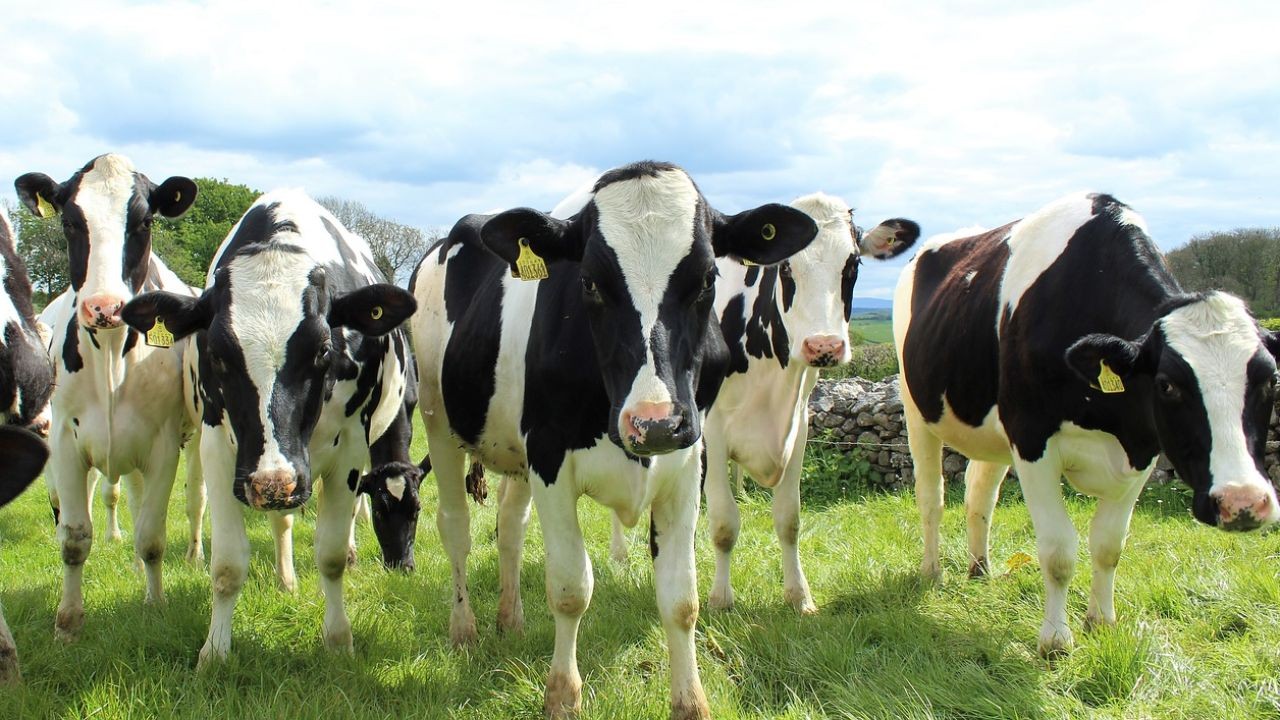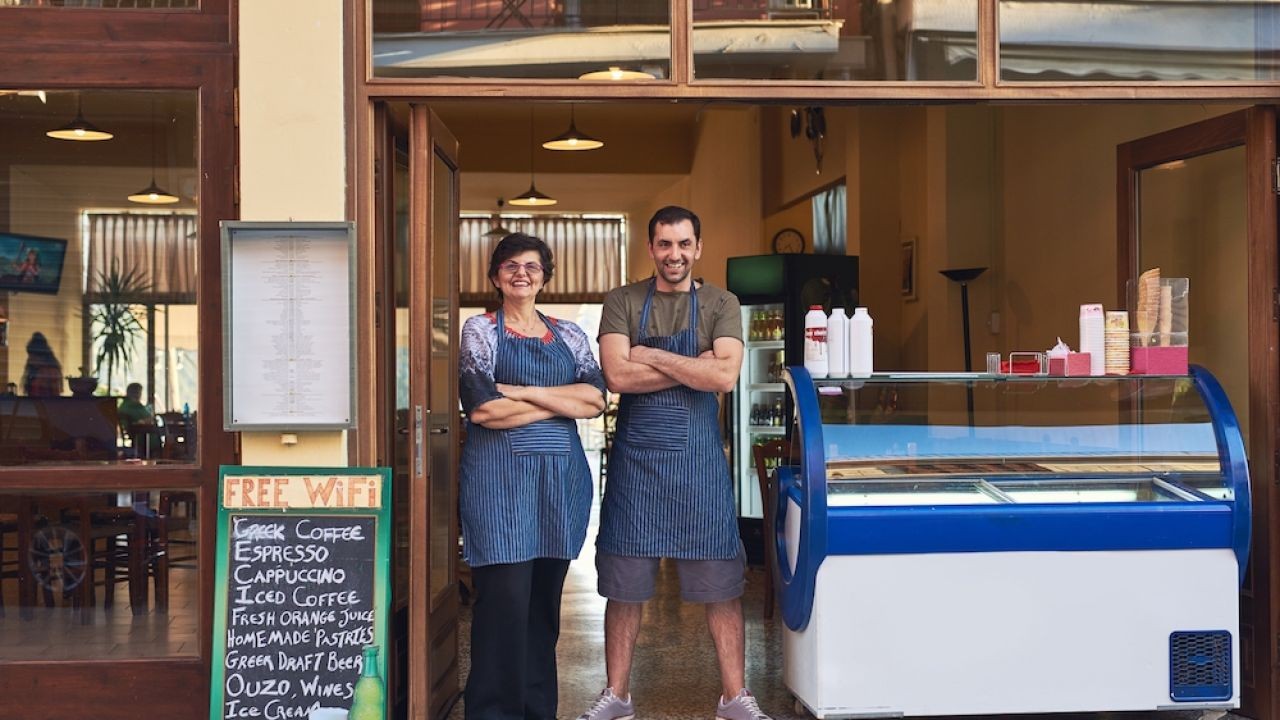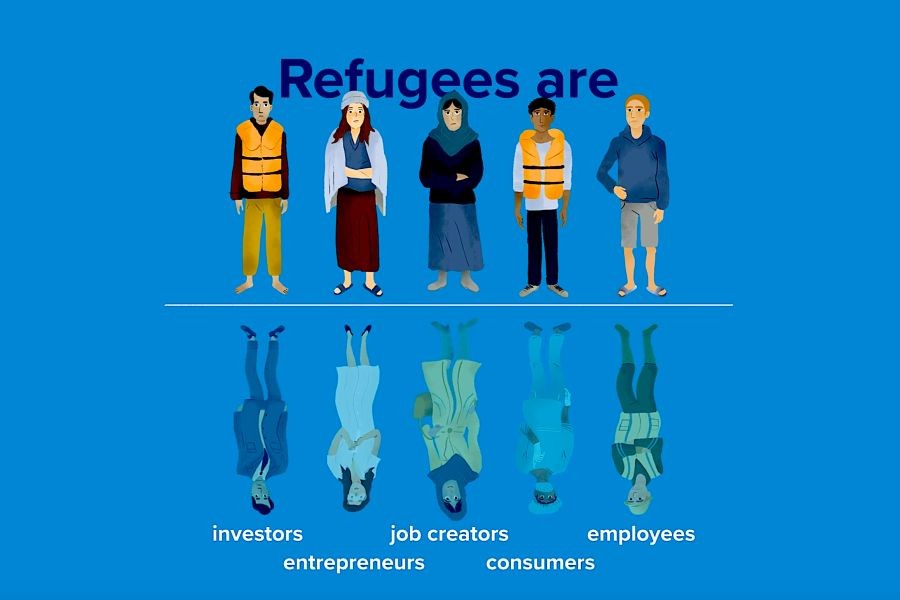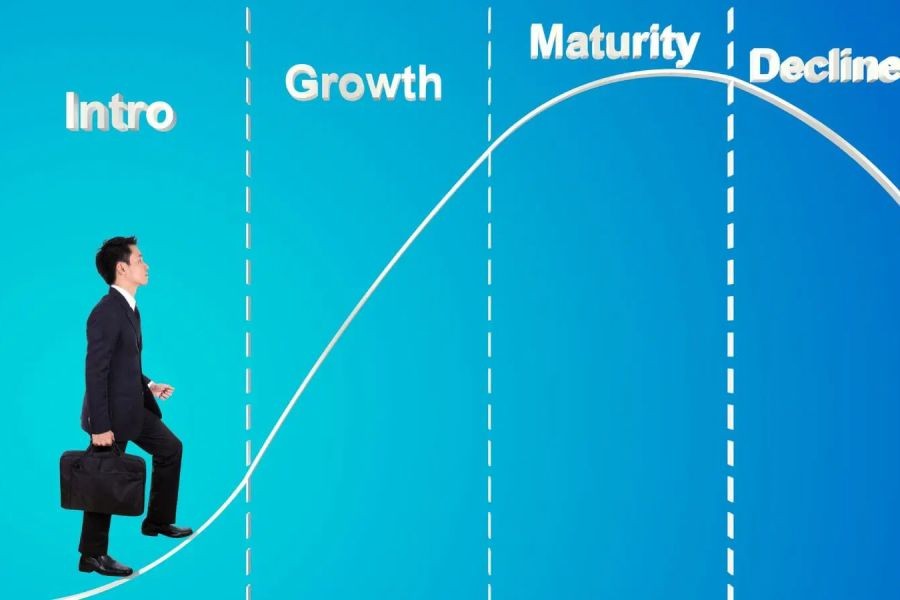New Zealand's dairy industry is at a pivotal crossroads, where the fusion of tradition and innovation is shaping a sustainable future. As global demand for ethical products surges, Kiwi dairy farmers are pioneering practices that not only enhance their sustainability credentials but also ensure economic viability. This evolution is not merely a trend but a fundamental shift that holds significant implications for New Zealand’s economy, particularly as the dairy sector accounts for approximately 3.5% of the country's GDP, according to the Ministry for Primary Industries (MPI).
The Rise of Ethical Dairy Farming in New Zealand
The transformation within New Zealand's dairy industry is driven by a confluence of factors, including consumer demand for sustainably sourced products, government initiatives promoting environmental stewardship, and economic incentives for green farming practices. The New Zealand government has been proactive in setting rigorous environmental standards, such as the Zero Carbon Act, which aims to reduce greenhouse gas emissions across sectors.
Case Study: Fonterra’s Sustainable Innovation
Problem: Fonterra, a leading player in New Zealand's dairy sector, faced mounting pressure to reduce its environmental footprint. The company grappled with challenges related to water usage, methane emissions, and sustainable land management.
Action: To address these issues, Fonterra implemented a comprehensive sustainability strategy. The company invested in R&D to develop methane-reducing feed additives and adopted precision agriculture technologies to optimize water use. Additionally, Fonterra collaborated with farmers to implement pasture management practices that enhance carbon sequestration.
Result: Within two years, Fonterra reported a 20% reduction in water usage and a 15% decrease in methane emissions, demonstrating the tangible benefits of its sustainable practices. These efforts not only bolstered Fonterra's environmental credentials but also contributed to cost savings and enhanced brand reputation.
Takeaway: Fonterra’s case underscores the potential of innovative practices in achieving sustainability goals. New Zealand dairy farmers can leverage similar strategies to enhance productivity while minimizing their environmental impact.
Integrating Technology for Sustainable Outcomes
Technology plays a crucial role in New Zealand's sustainable dairy practices. From precision agriculture to IoT-enabled monitoring systems, farmers are increasingly adopting tech-driven solutions to optimize resource use and enhance animal welfare. These innovations align with the Ministry for Primary Industries' vision of a more resilient and sustainable agriculture sector.
Case Study: Westland Milk Products and IoT Solutions
Problem: Westland Milk Products sought to improve its operational efficiency and sustainability metrics. The company faced challenges in monitoring animal health and optimizing feed use, which impacted productivity.
Action: Westland implemented IoT solutions, including sensors and data analytics tools, to monitor livestock health and environmental conditions in real-time. These technologies enabled precise feed management and early disease detection, leading to more efficient resource use.
Result: The adoption of IoT solutions led to a 30% reduction in feed wastage and a notable improvement in herd health, resulting in increased milk yield and reduced veterinary costs.
Takeaway: The integration of IoT and data analytics can significantly enhance farm management practices, leading to improved sustainability and economic outcomes for New Zealand dairy farmers.
Pros and Cons of Sustainable Dairy Practices
While sustainable dairy farming offers numerous benefits, it also presents challenges that need addressing.
Pros:
- Environmental Benefits: Reduced carbon footprint and improved biodiversity.
- Economic Gains: Enhanced efficiency and potential cost savings.
- Market Positioning: Access to premium markets demanding ethical products.
Cons:
- Initial Investment: High upfront costs for technology and infrastructure.
- Regulatory Compliance: Navigating complex environmental regulations.
- Market Volatility: Fluctuating demand for sustainable products.
Myths and Misconceptions in Sustainable Dairy Farming
There are several misconceptions about sustainable dairy farming that need debunking:
- Myth: Sustainable practices are less profitable. Reality: In fact, sustainable practices can lead to significant cost savings and open doors to premium markets.
- Myth: Only large farms can implement sustainable practices. Reality: Small and medium-sized farms can adopt scalable solutions tailored to their needs.
- Myth: Consumers are unwilling to pay more for sustainable products. Reality: Surveys show a growing willingness among consumers to pay a premium for ethically produced goods.
Future Trends and Predictions
The future of New Zealand’s dairy industry lies in the continued integration of sustainable practices and technology. The sector is expected to see a shift towards regenerative agriculture, which focuses on restoring soil health and biodiversity. As global demand for sustainable products grows, New Zealand can lead the charge by fostering innovation and collaboration within the dairy sector.
According to a recent report by Deloitte, the adoption of smart farming techniques could increase dairy production efficiency by up to 25% by 2030, positioning New Zealand as a leader in sustainable agriculture.
Conclusion
New Zealand's dairy farmers are at the forefront of a sustainable revolution, using innovative practices to balance economic viability with environmental stewardship. By embracing technology and sustainable practices, the industry can secure its future and maintain its global reputation for producing high-quality, ethical products.
As the world increasingly values sustainability, New Zealand’s dairy sector has the opportunity to set new standards and influence global practices. What steps will you take to align with this sustainable future? Share your thoughts and strategies below!
People Also Ask
- How does sustainable dairy farming impact New Zealand’s economy? Sustainable dairy farming enhances efficiency and market positioning, contributing to economic growth and environmental conservation.
- What are the biggest misconceptions about sustainable dairy farming? A common myth is that it's less profitable; however, sustainable practices can lead to cost savings and access to new markets.
- What strategies are effective for implementing sustainable dairy practices? Key strategies include adopting precision agriculture, IoT solutions, and regenerative farming techniques.
- Who benefits the most from sustainable dairy farming? Both farmers and consumers benefit, with farmers gaining efficiency and consumers receiving ethically produced products.
Related Search Queries
- Sustainable dairy farming in New Zealand
- New Zealand dairy industry trends
- Ethical dairy practices NZ
- IoT in agriculture NZ
- Regenerative agriculture New Zealand
- Fonterra sustainability initiatives
- Future of dairy farming NZ
- Environmental impact of dairy farming
- Economic benefits of sustainable farming
- Smart farming technologies NZ































